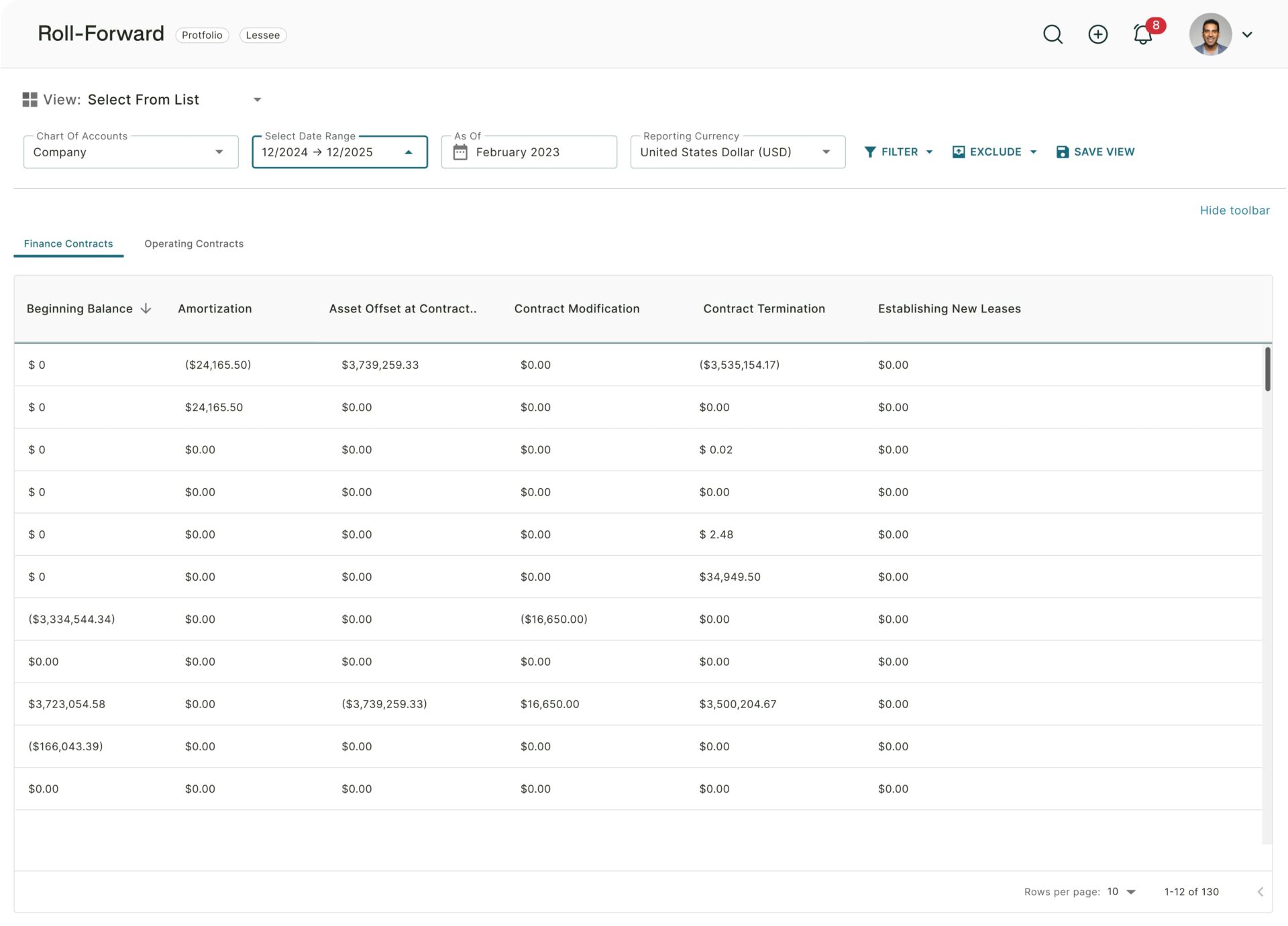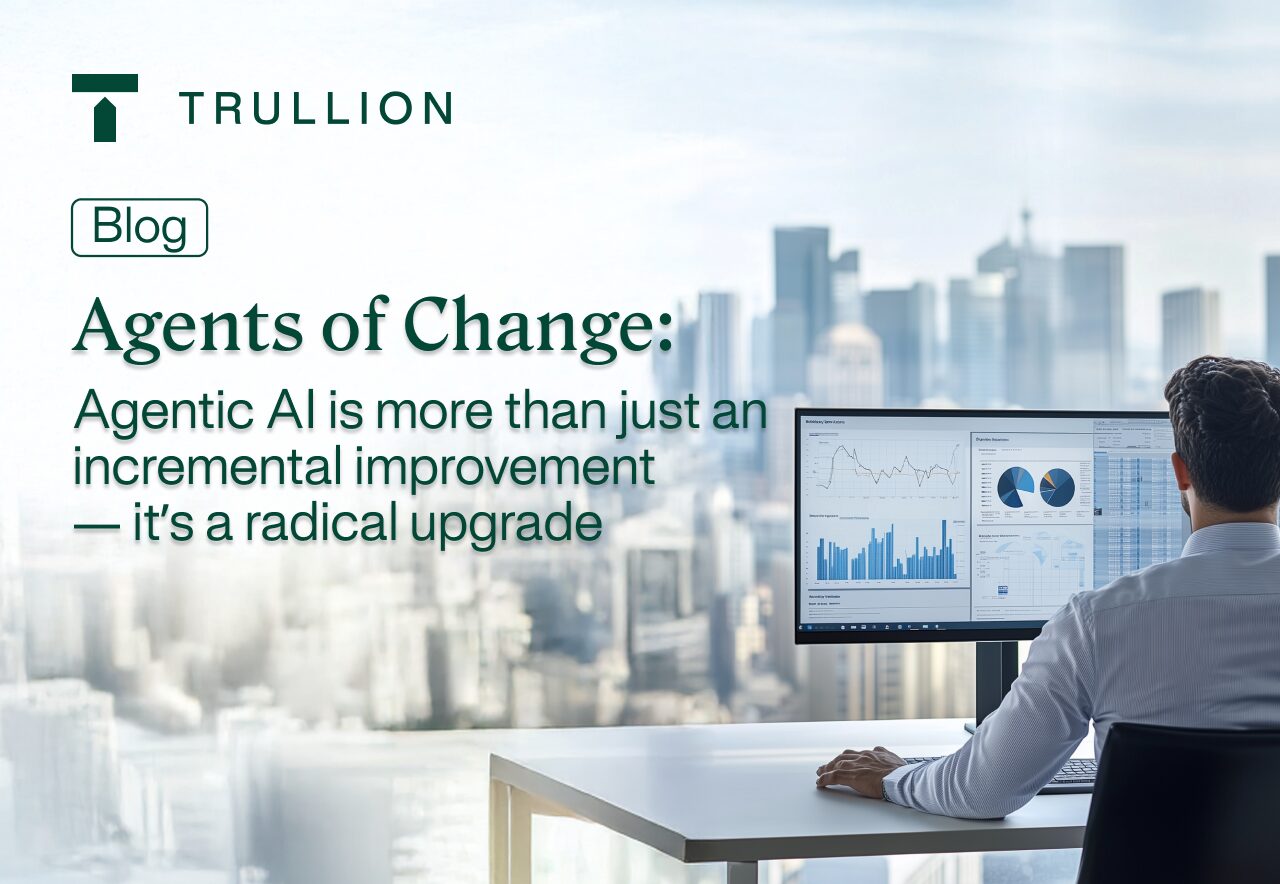In many ways, artificial intelligence (AI) has already substantially changed accounting, with 76% of finance and accounting leaders already leveraging AI to drive efficiency and improve insights across at least some of their processes. Robotic process automation (RPA), predictive AI, and generative AI are all powerful tools that make repetitive, manual accounting tasks a breeze. So, one might be forgiven for wondering if the latest and greatest AI technology—agentic AI accounting—is worth getting excited about.
We’re here to tell you that it is.
Here’s why: AI agents use a combination of advanced algorithms and analytical sensors to solve complex, multi-step problems, with minimal need for human intervention.
With AI agents, you give them an objective, and they are off to the races, independently analyzing challenges, developing strategies, and executing tasks. Agentic AI accounting is more than a tool—it is a decision-maker.
This autonomy has several important implications, giving AI the ability to:
- Take the initiative: AI agents are proactive, taking actions based on their initial goals and continuing until the task is complete, seeking information and refining their outputs as needed.
- Make decisions: Once active, AI agents can change course and adapt to changing circumstances without needing help.
- Collaborate effectively: Agentic AI accounting can independently collaborate with other systems and processes.
| Category | Traditional AI | Agentic AI |
| Ideal use case | Repetitive, manual processes | Complex, multi-step projects |
| Workflow | Predefined processes | Real-time adjustments to current conditions |
| Problem-solving | Flags issues | Resolves issues |
| Impact on the user | Operational efficiency | Shift to strategic thinking |
Controllers are in the vanguard, ready to benefit
Controllers are in a great position to take advantage of agentic AI accounting. They are handling an ever-increasing volume of work while keeping track of ever-changing accounting standards. They know how valuable rules-based AI tools are, but they also know that they are never enough. Agentic AI can deliver them quick wins right away.
- Real-time exception handling
Despite the capabilities of current AI tools, the issue of exceptions never seems to go away. Traditional AI can spot problems, but it can’t resolve them. Agentic AI performs exception handling autonomously. For controllers, that means a cleaner close, fewer surprises, and more time to focus on what matters: accuracy and oversight. - Intelligent application of accounting policies
AI agents are capable of exhaustively researching and applying the information needed to complete accounting projects. They can research complex tax issues, analyze financial data, monitor regulatory changes, and flag potential compliance issues—all of which frees up controller time to focus on strategy. - Automated documentation and audit readiness
During an audit, AI agents can handle repetitive tasks, such as data analysis and document review. That frees up controllers to focus on strategic decision-making and client management. Agents also ensure accuracy after the audit is complete.
The revolution can’t come fast enough
Agentic AI accounting couldn’t come at a better time for the accounting industry, as the demands on accounting and audit teams have become increasingly difficult to manage with traditional practices.
Data complexity
An unintended consequence of the software revolution in business is that clients now expect results in virtually real time, with no dip in accuracy. They can see up-to-the-hour updates in dashboards for all of their other business operations—why not accounting?
The proliferation of software tools and the increasing popularity of remote work have led to smaller, more distributed finance teams. This model is more nimble, but it relies heavily on technology and the ability to document every step in accounting processes, leading to possible blind spots if the right tools aren’t in place.
Conclusion
Agentic AI accounting promises to transform financial reporting and accounting workflows. The industry is just beginning to explore the practical use cases for agentic AI, and it could be that the most exciting possibilities have yet to be discovered. At Trullion, we are committed to innovation and plan to stay ahead of the curve, ensuring our customers have access to the latest AI technologies.





